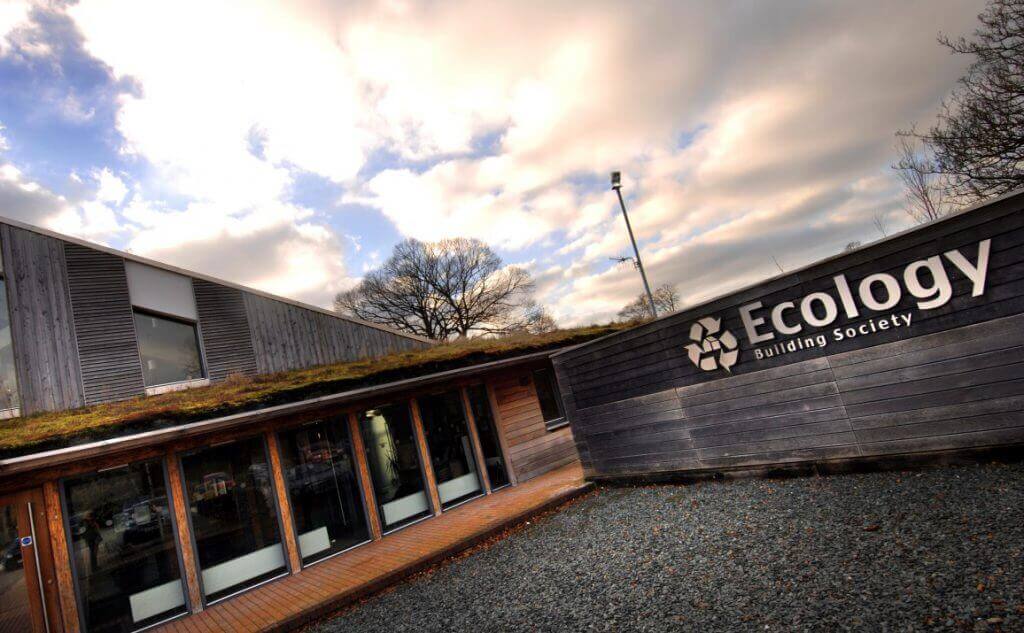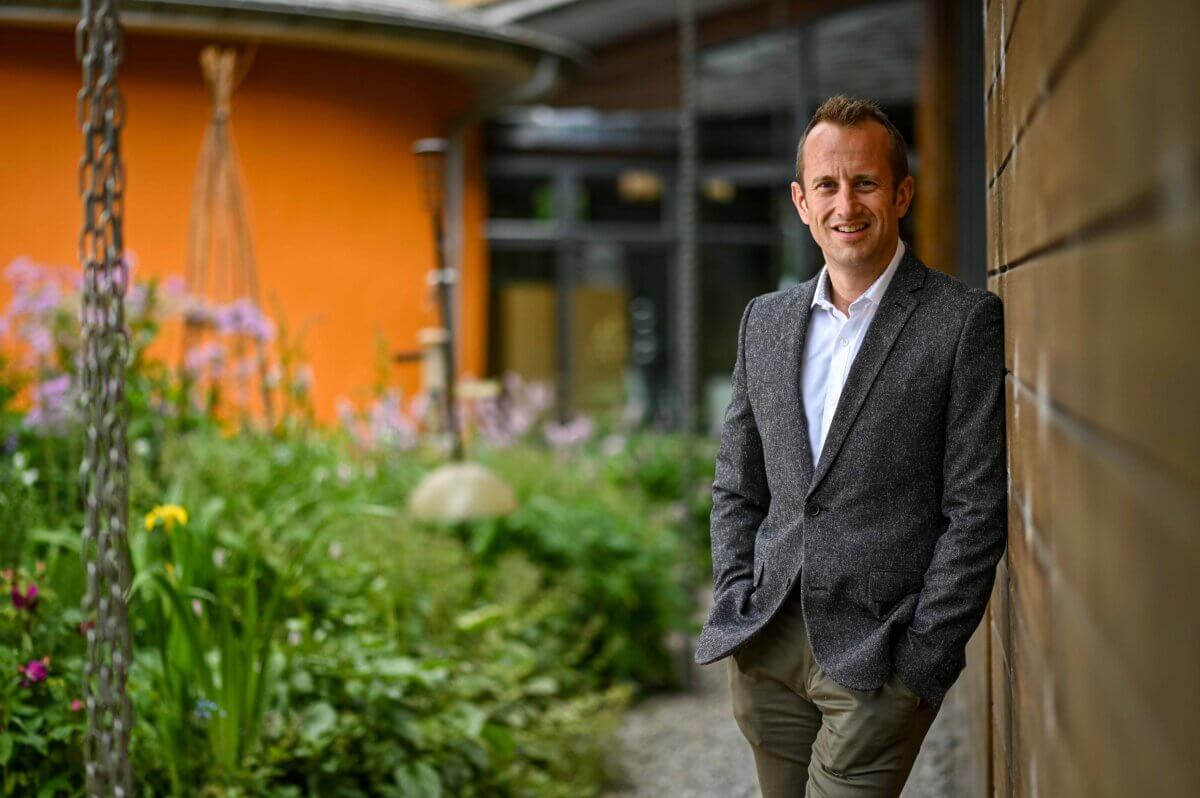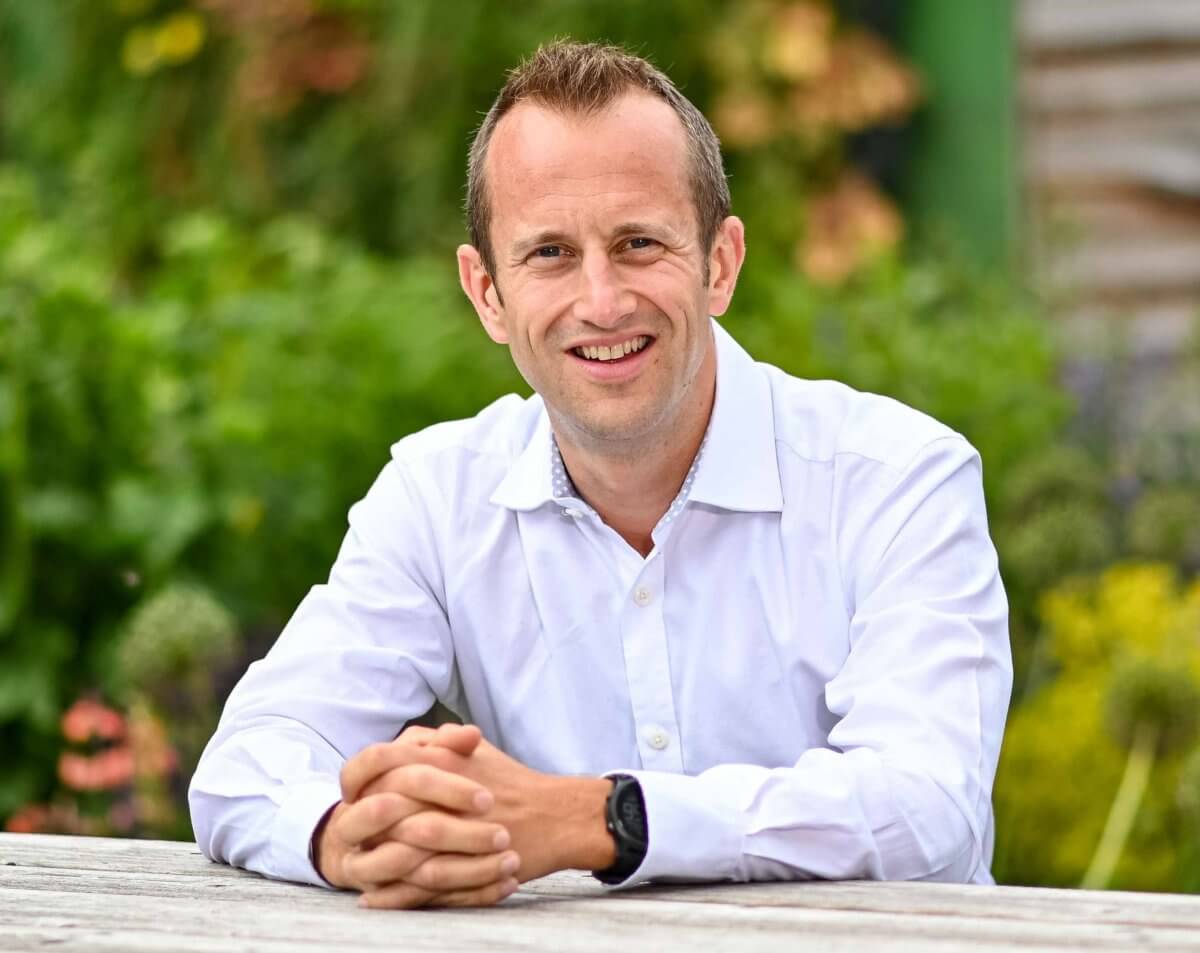UN Global Goals

In September last year, UN Heads of State and Governments agreed to the 2030 Agenda for Sustainable Development. This agenda includes 17 Global Goals for Sustainable Development to be achieved by all countries by 2030, across all aspects of sustainable development (ending poverty, building economic growth, addressing a range of social issues including health, education and social protection, while tackling climate change and ensuring environmental protection).
Now we can all join the call to action to ensure these crucial ambitions are achieved. First, we must make sure the Global Goals are well known. We can all do our bit to raise the profile of the Goals – by talking about them, writing about them, at home and at work. With heightened awareness on the Goals, we can expect responsibility and accountability, and be empowered to ask governments and businesses how they are working towards every one of the Goals.
The 2030 Agenda provides a framework for shared action for “people, planet and prosperity.”
People “We are determined to end poverty and hunger, in all their forms and dimensions, and to ensure that all human beings can fulfil their potential in dignity and equality, and in a healthy environment” [1.6]
Planet “We are determined to protect the planet from degradation, including through sustainable consumption and production sustainable managing its natural resources and taking urgent action on climate change, so that it can support the needs of the present and future generations” [1.10]
Prosperity “We are determined to ensure that all human beings can enjoy prosperous and fulfilling lives and that economic, social and technological progress occurs in harmony with nature” [1.12]
The UN Global Goals aim to build upon the 8 Millenium Development Goals (MDGs) agreed in 2000. The MDGs managed to focus the world’s attention on key challenges faced by humanity: to eradicate extreme poverty and hunger; achieve universal primary education; promote gender equality and empower women; reduce child mortality; improve maternal health; combat HIV/AIDs, malaria and other diseases; ensure environmental sustainability; develop a global partnership for development. While the 8 MDGs were primarily aimed at developing countries, and did achieve some notable successes, the Global Goals broaden the focus to all countries, including the rich nations of the world.
The MDGs are described as the ‘telescope’ onto the developing world, but the UN Global Goals are the ‘mirror’ in which all countries see their own policies and performance reflected. The goals have the power to question the way we, in the developed world, structure our economies, the way we produce, the way we consume, in short, the way we live.
Rich countries cannot simply buy their way out of our responsibilities by increasing overseas aid, while continuing highly unsustainable patterns of consumption and production. Rich nations must take the Goals seriously, not just globally, but domestically as well. A fundamental principle of the 2030 Agenda is that ‘no one is left behind’. Many things will need to be done to fulfil this pledge, among them is to tackle head-on the global challenge of inequality: while there have been spectacular advances in science and technology in the last few decades, there is a consistently widening gap in wealth and income.
How is the UK doing?
A study by the Bertlesman Foundation reveals how developed OECD countries are doing against the goals. The study ranks the UK 15th out of 34 OECD countries across the SDG index. It shows that the UK is doing well on some of the goals (6, 12 and 17). Indeed the UK government is to be applauded from ramping up development assistance in recent years, even during the financial crisis, a time when many countries reduced their assistance. The UK is among the 5 most generous countries in development assistance, giving 0.7% of GDP.
But progress against many other goals is seriously lacking. Notably, the UK’s performance on Goal 7 which calls for universal access to affordable, reliable, sustainable energy, is ‘unsatisfactory’. The country comes second-last for renewable energy. The country also comes in 29th out of 34 for its income gap between rich and poor. You can see why it might be tempting for governments to cherry-pick the goals, to show the ones that put them in a good light. But they must strive for the whole set.
At Ecology, our mission is ‘to build a greener society’. We recognise that the UN Sustainable Development Goals, coupled with the Paris Climate Agreement present the world’s opportunity to come together to build a sustainable, fair future. Ecology has joined the UK Stakeholders for Sustainable Development, a group committed to transforming the UK into a sustainable society. The UKSSD held its inaugural meeting in April, with inspiring speakers and engaging discussions. Sir David King called for the UK to come up with a clear domestic road map to achieve the Goals, with urgent action on decarbonisation, to achieve Goal 13. Jeffrey Sachs presented a stark contrast in progress on the Goals between developed countries, showing those with a socio-democratic, more redistributive society (the Scandanavian model) come closer to achieving the Goals than those countries based on the Anglo-American free market, less redistributive model. Sachs picked several examples with a comparison between Denmark (‘doing well’), UK (‘fairly middling’) and USA (‘really a mess’).
So please join us in drawing attention to the Goals, and hold governments and businesses to account to achieve them.


